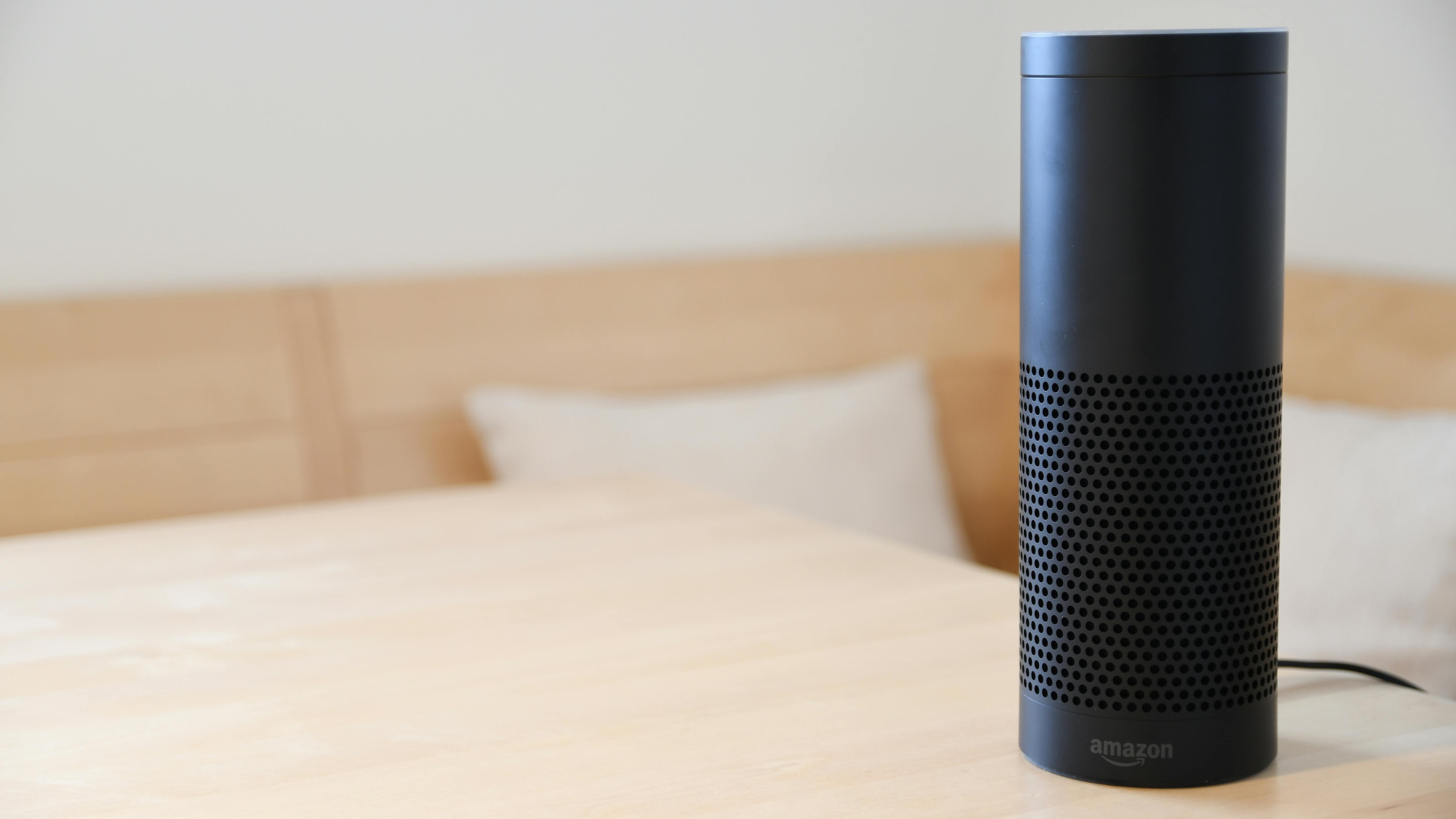
Understanding the Smart Speaker Privacy Debate
As smart speakers become more prevalent in American households, many users are beginning to grapple with a crucial question: What exactly are companies like Amazon and Google doing with the data generated by these devices? Although they serve as useful tools for managing daily tasks, the implications for privacy are significant and require a deeper understanding.
Your Smart Speaker Is Always Listening
Recent reports indicate that about 25% of U.S. households now use smart speakers, making their presence commonplace. But the convenience comes at a cost. Both Amazon's Alexa and Google Assistant wait for specific wake words, yet they have the capability to listen to nearby conversations should they misinterpret sounds as the activation phrases. Such risks highlight a fundamental issue: users may unknowingly provide access to personal conversations.
Accidental Activations and Data Breaches
Situations where smart speakers record unintended conversations are not merely anecdotal. In 2017, a journalist discovered a hardware flaw in the Google Home Mini causing it to record incessantly. Another incident involved a couple whose Amazon Echo mistakenly sent a private recording to a third party. These examples demonstrate the unpredictable nature of wake word technology and raise concerns about reliability and privacy.
What Happens to Your Voice Data?
After users communicate with their devices, information is sent to the cloud for processing. Both Amazon and Google claim that voice recordings are utilized to enhance user experience and service personalization. However, this offers little reassurance to privacy-focused individuals who worry that their data might be misused or inadequately protected. The lingering question remains: how secure is your voice data once it leaves your home?
Shifting Perspectives on Digital Privacy
The push for smarter homes must include serious debates about privacy. As devices gather personal insights, understanding and managing this data becomes critical. Should consumers avoid using these devices altogether, or is there a way to use them responsibly while safeguarding personal information? Each potential buyer must make an informed choice, weighing the benefits against possible privacy invasions.
What Can Consumers Do?
For homeowners inclined to embrace smart technology, it is vital to remain proactive. Regularly reviewing what data is collected and, if necessary, adjusting privacy settings on devices can mitigate risks. Furthermore, user awareness around accidental recordings should prompt people to think critically about the implications of their technology choices. This shifting landscape requires a vigilant approach to digital privacy.
As smart devices grow more integrated into daily life, vigilance regarding data privacy is essential. By understanding the nuances of how these devices work, consumers can become more informed users—making deliberate choices that keep their private lives intact. Are you ready to take charge of your smart home devices and protect your privacy?
 Add Row
Add Row  Add
Add 




Write A Comment